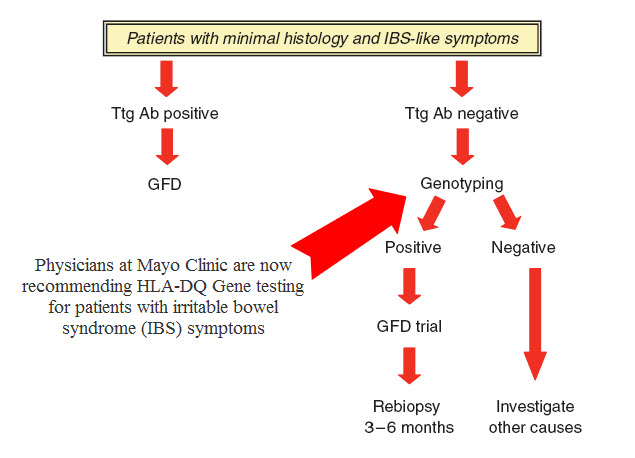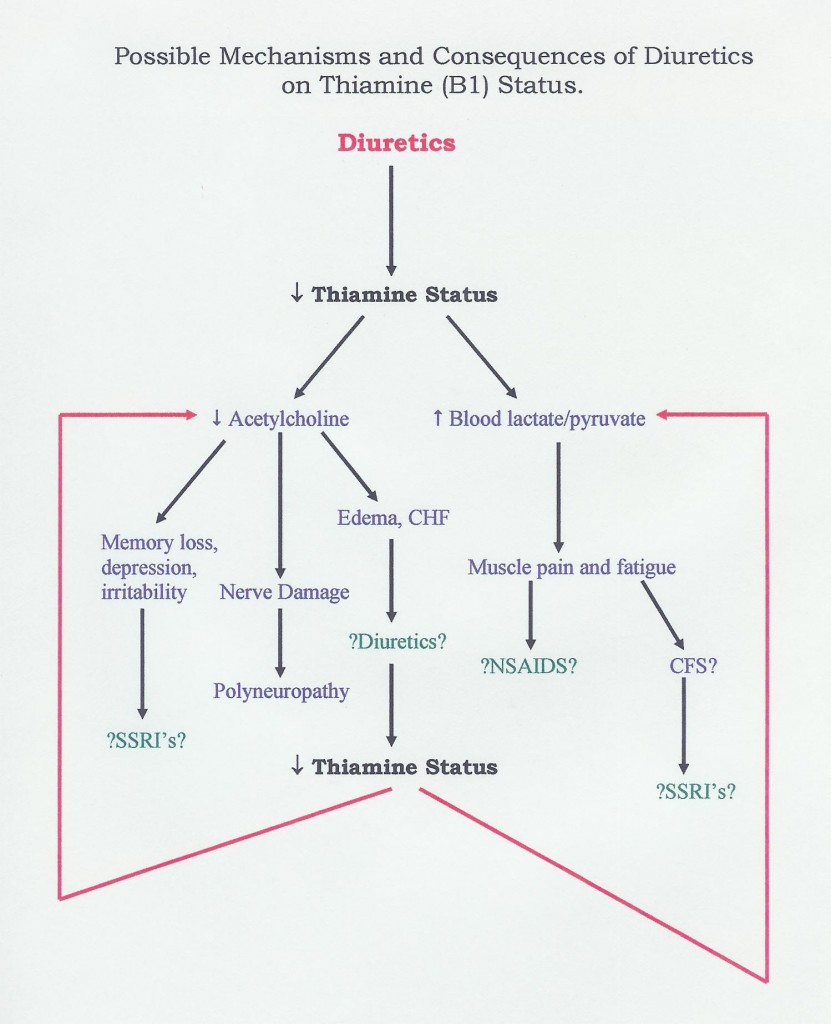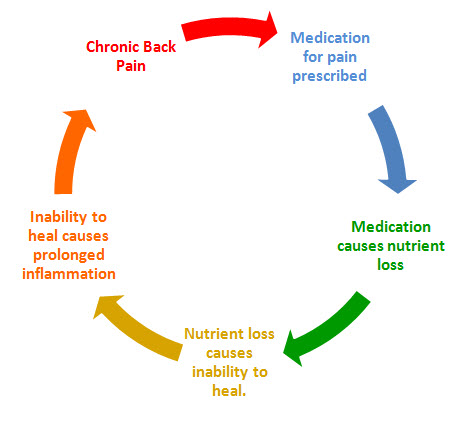 Infertility issues are becoming more and more common. As many as 7.1 million Americans experience infertility problems. A study in the medical journal Human Reproduction identified gluten sensitivity in as many as 8% of women with unexplained fertility problems. The doctors involved with this study recommend screening for gluten intolerance as “part of the diagnostic workup of infertile women, particularly when no apparent cause can be ascertained after standard evaluation.”
Infertility issues are becoming more and more common. As many as 7.1 million Americans experience infertility problems. A study in the medical journal Human Reproduction identified gluten sensitivity in as many as 8% of women with unexplained fertility problems. The doctors involved with this study recommend screening for gluten intolerance as “part of the diagnostic workup of infertile women, particularly when no apparent cause can be ascertained after standard evaluation.”
Source: Human Reproduction; 14(11):2759-61 1999.
Ever wonder why so many people have to see fertility experts just to have a baby? The body has an innate intelligence that prevents pregnancy when the health status of the mother and/or father are poor. To force pregnancy through unnatural means is a dangerous practice. Miscarriage, spontaneous abortion, birth defects, infant developmental problems are common among those having children through fertility treatments. Gluten intolerance is a modern plague on human fertility. It is often overlooked when physicians perform infertility lab work-ups on couples. The following conditions are known to contribute to fertility issues in both men and women. They are also linked to gluten sensitivity:
- PCOS – poly cystic ovarian syndrome
- Diabetes
- Amenorrhea (absence of menstrual cycle)
- Hypothyroidism
- Disorders of the endocrine system
- Nutrient malabsorption
- Nutritional deficiencies
- Irritable bowel syndrome (IBS)
- Inflammatory bowel disease
- Spontaneous abortion
- Multiple miscarriages
- Low sperm count in men
- Low sperm motility
- Abnormal sperm shape
The above study estimated that 8% of infertility issues are linked to gluten intolerance. Unfortunately, this number is based on lab tests that are flawed. Testing serum antibodies in those with immune problems often times yields false negative results. This can be misleading to a number of people. I commonly see patients for infertility in my office who have had antibody tests come back falsely negative. Greater accuracy can be obtained using HLA-DQ genotyping. This testing is non-invasive and can be done online…
Remember…Your body has God’s innate intelligence built in. It is designed to prevent pregnancy when the health of the mother and baby would be compromised. If you are considering having children perform the following first:
- If you have had any of the above problems, get checked to see if you have gluten intolerance.
- Check you vitamin and mineral levels before attempting to have children. Nutrient deficiencies can hinder internal development of the baby and can also cause complications to the mother during pregnancy.
















